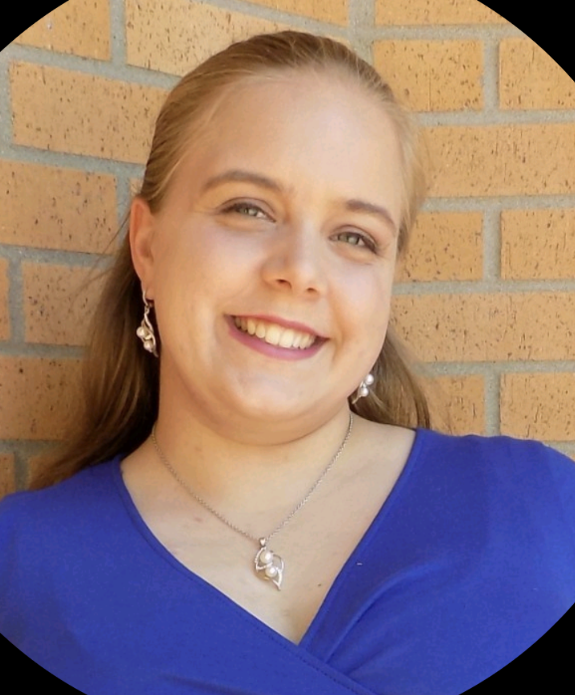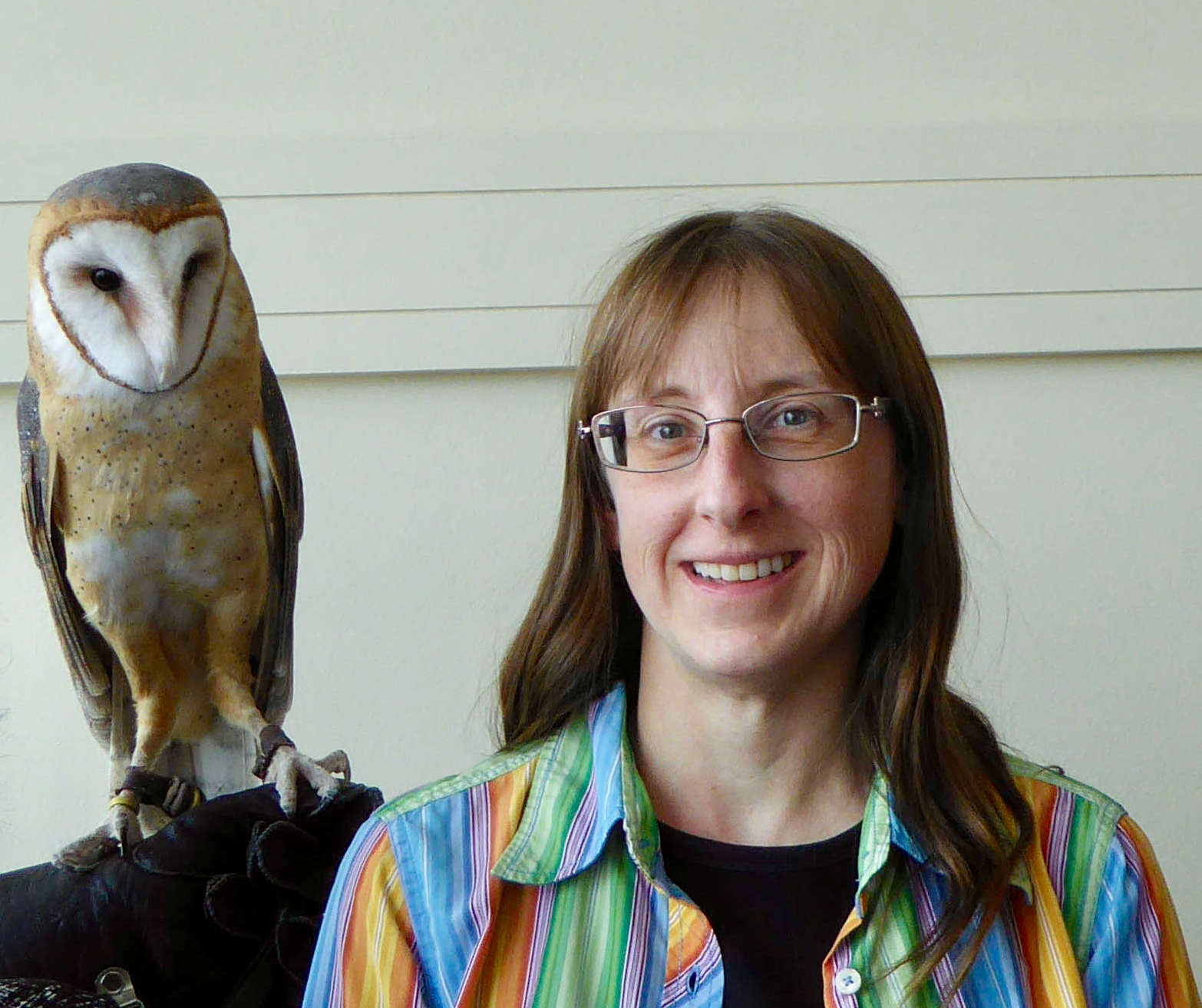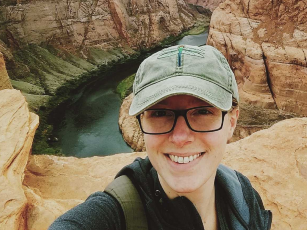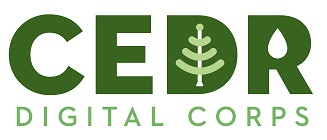
Are you interested in helping during a disaster?
Would you like to volunteer from the comfort of your own couch or home office?
CEDR volunteers are just like you – concerned about what’s happening during a disaster and willing to pitch in as they can.
You don’t need to be on the ground to make a difference in a disaster; instead, you can work remotely with us for just a few hours a week.
Email our volunteer coordinator directly if you have questions.
You can create a lasting impact from your living room couch.
Please read the CEDR Volunteer Code of Conduct and complete the volunteer form below to apply.

Nicole Kleunker is CEDR Digital Corps Wildfire Channel Lead, managing our response to wildfires across the nation. She coordinates volunteers to send out timely information about evacuations, disaster response, and shelters during these events.
Amy Cervene is CEDR Digital Corps Training Lead, helping to onboard new volunteers and create training materials. She’s one of the first folks you’ll encounter as a new volunteer, and is happy to show you around.
Amy’s motivated by “the chance to help people and make a difference, as well as the high standards of the other volunteers. Also, there’s always something different and interesting to do.”
Amy believes that the most important work that CEDR does is helping people and animals prepare for disasters, and helping them to find important information during an emergency.

Specific Skills CEDR Digital Corps is Currently Seeking:
- Social Media Skills
- Internal Comms
- External Comms
- Social Media Managers
- Graphic Design
- Content Writing
- Copywriting
- Earned Media
- GIS
- Programmers
- Developers
- Designers
- Recruitment
- Volunteer Engagement
- Fundraising
- Grant Writing
- Accounting

Ariana Mercer – GIS Manager
“Providing timely, accurate information to the public during a disaster is my goal at CEDR. Having been through many wildfire seasons growing up in California, a lack of current information can be dangerous, not to mention extremely frustrating. With new technology being applied to track and respond to disasters, there is more information to share and more places to share it than ever before. The challenge now lies in separating the good information from the bad, and helping accomplish that goal is what motivates me to stay involved with CEDR.”
